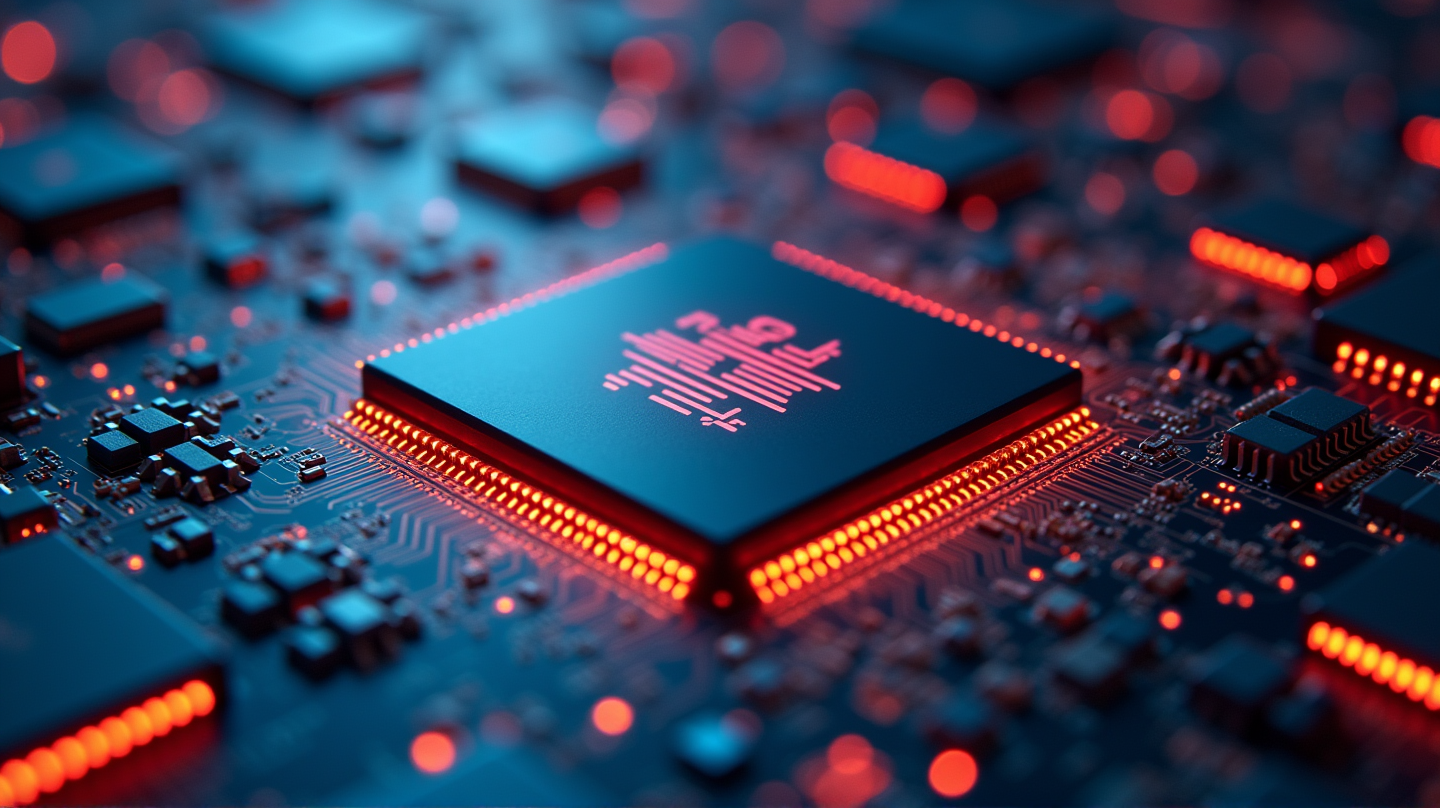In a remarkable turn of events, the Dutch government has announced its decision to relinquish control over Nexperia, a Chinese-owned chipmaker, heightening intrigue amid ongoing global semiconductor tensions.
A Strategic Change in Control
The announcement came from Economics Affairs Minister Vincent Karremans, who emphasized that this maneuver was a gesture of goodwill meant to ease diplomatic tensions with China. Previously, the Netherlands had taken control of Nexperia due to national security concerns and issues regarding governance. However, recent talks with Chinese authorities prompted this shift, as both parties strive to stabilize semiconductor supplies crucial to the auto industry in Europe and beyond.
The Importance of Nexperia
Nexperia, headquartered in Nijmegen, Netherlands, is owned by China’s Wingtech Technology. The company plays a vital role in the automotive supply chain, with its chips being a staple for major carmakers worldwide. Before this decision, the automakers had sounded alarms due to potential chip shortages, which even led Honda to halt production at its Mexican plant temporarily.
International Diplomatic Dynamics
This diplomatic discourse saw input from both Dutch and American governments. Initially, the control was part of a broader strategy influenced by the United States, which had placed Wingtech Technology on an export control list. This move was part of a larger backdrop of trade tensions involving U.S., China, and major global economies.
Uncertainties and Future Projections
Though this step appears to promote reconciliation, questions about Nexperia’s internal management persist, particularly after the notable dismissal of its CEO, Zhang Xuezheng. As a cooperative gesture following U.S.-China negotiations, China lifted its export ban on Nexperia chips, allowing operations to stabilize temporarily.
An Evolving Cooperation
The cessation of Dutch control symbolizes a developing phase in international trade relations surrounding semiconductors, further emphasizing the delicate balance between global trade interests and national security concerns. While the outlook remains cautious, both nations have shown commendable efforts in moving towards a less confrontational stance, which could herald a period of smoother collaboration in technological domains.
According to ABC News, this diplomatic shift underscores the importance of cooperative strategies in a globally connected semiconductor industry. As the situation continues to evolve, the focus remains on whether this relinquishment will lead to more stable and secure operations for Nexperia and the broader automotive sector.
